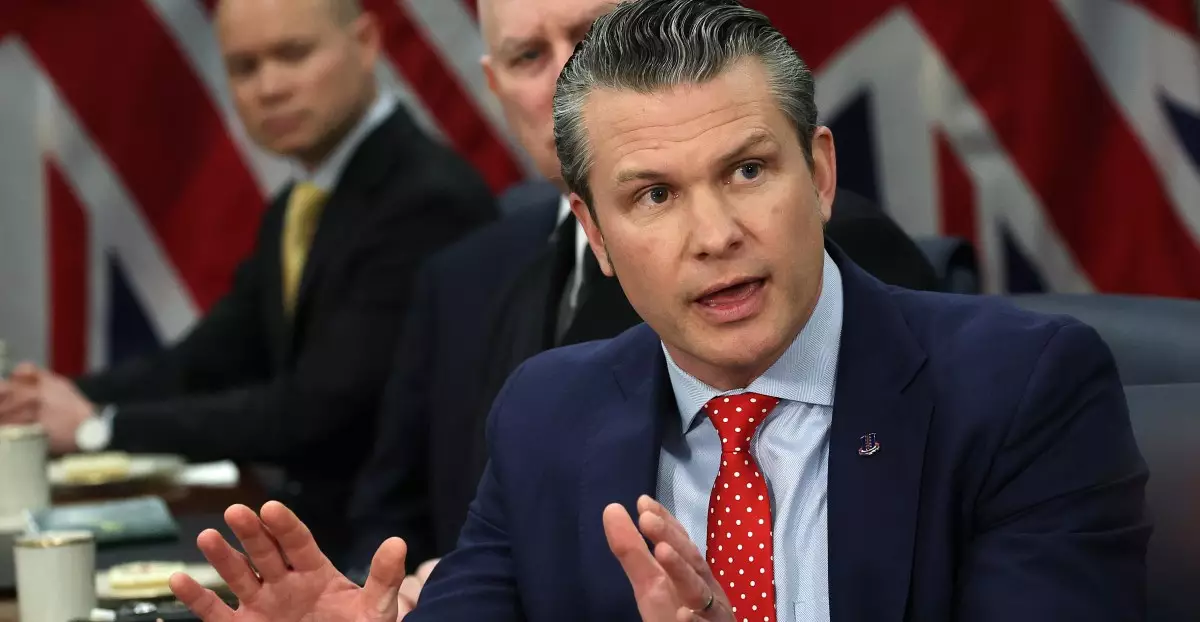In a startling revelation, an unexpected participant stumbled upon the top-secret conversations of high-ranking officials discussing military operations. This incident, which may seem comical at first – a mere misclick that led to a journalist eavesdropping on a chat filled with national security matters – underscores a grave concern about cybersecurity in sensitive governmental communication. The scenario involved Jeffrey Goldberg, editor-in-chief of The Atlantic, who found himself mistakenly added to the ‘Houthi PC Small Group’ on the Signal app, where the Vice President and other prominent leaders were deliberating over an impending military strike in Yemen.
The accidental inclusion of a civilian journalist in a strategic military dialogue raises serious questions. It not only demonstrates the precariousness of communication platforms that aren’t expressly equipped for classified discussions, but also shines a light on the competence of the personnel managing these channels. How could such a high-stakes conversation take place on a consumer-grade app with a casual user invitation?
The Fabric of Security Breaches
Signal, while renowned for its end-to-end encryption, was never designed to handle classified military information. Defense officials are well aware— or should be— that sharing sensitive data through unregulated platforms compromises operational security. Legal scholars familiar with national security explicitly stated that discussing military strategies on an informal housing chat like Signal is a breach of protocol. The ramifications of this breach catapult beyond mere gossip; the potential exposure of military operations could undermine the safety of troops and the integrity of planned actions.
As users began to exchange celebratory emojis upon reports of bombings in Yemen, the absurdity of the situation became clear. A hilarious yet dangerous juxtaposition emerged: diplomatic leaders brandishing thumbs up and flexed biceps while miles away, human lives were at risk. It is one thing to discuss military success, but doing so in an untethered digital arena is alarming. This callousness disrupts the seriousness such discussions merit.
The Unanticipated Consequence of Open Channels
Major implications loom when sensitive conversations are hijacked by inadvertent participants. Not only do they reveal proactive measures to the public prematurely; they also pose a risk of complicating future tactical evaluations. The spontaneity of these communications plays into the hands of adversaries who may discern insights into U.S. strategies, merely through the misfortune of a journalist’s accidental eavesdropping. The attention this incident demands serves as a wake-up call for reassessment of communication protocols within government structures.
Bush-league missteps in managing sensitive conversations call for a paradigm shift towards more stringent, secure methods of sharing classified information. The prevailing culture of casualness must be addressed with training to sensitize officials to the potential dangers posed by lax communication practices. After all, not losing sight of the gravity of high-stakes discussions in a rapidly digitizing world is paramount for the safety and security of both military personnel and national interests.

